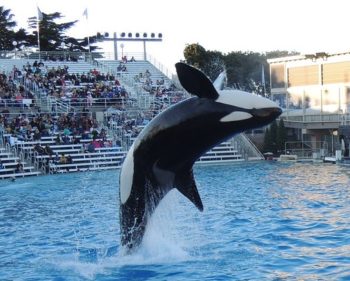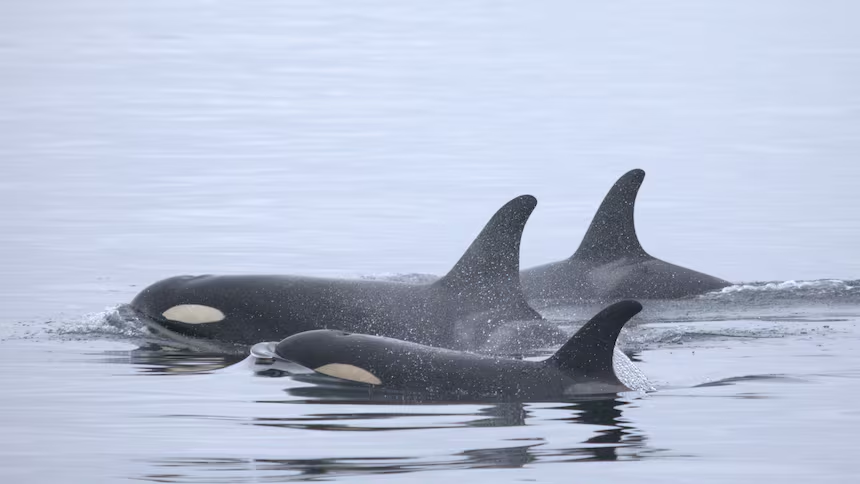
The welfare of large-brained, socially complex wild animals like whales, dolphins (and elephants) in captive environments is a global concern.
A new peer-reviewed paper Putative neural consequences of captivity for elephants and cetaceans, recently published, addresses this matter in the context of decades of experimental evidence showing that animals across a wide range of species incur neurobiological damage when forced to live in impoverished environments – marine parks and zoos.
Although the impact of the captive environment on physical and behavioural health has been well-documented, relatively little attention has been paid to the brain itself – until now.



